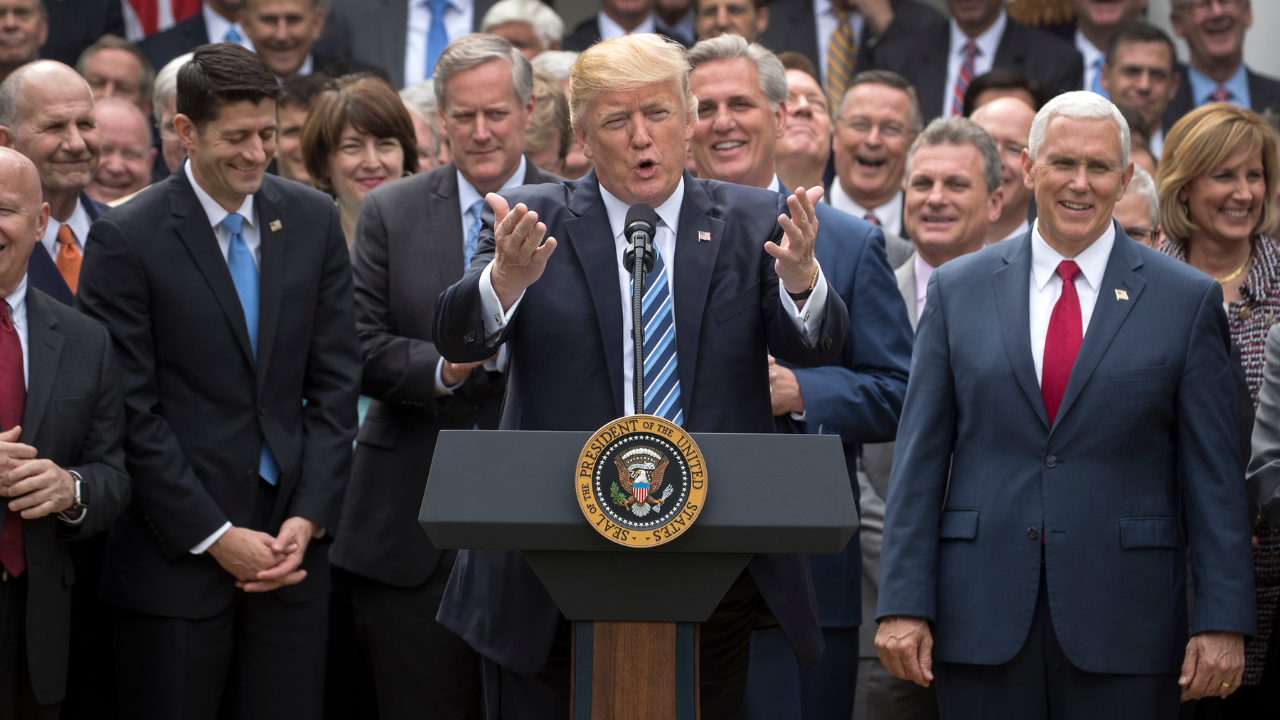Washington, D.C. — In a significant legislative development, the U.S. Senate has advanced a comprehensive healthcare reform bill, igniting intense discussions across party lines.
The proposed legislation aims to address critical issues within the nation’s healthcare system, including the affordability of insurance premiums, the role of pharmacy benefit managers (PBMs), and the future of telehealth services.
Key Provisions of the Bill
The healthcare reform bill encompasses several pivotal components designed to enhance the accessibility and affordability of healthcare for Americans:
Permanent Extension of Enhanced Premium Tax Credits:
Originally introduced under the Affordable Care Act (ACA) and temporarily expanded through the Inflation Reduction Act, these tax credits have been instrumental in reducing insurance costs for millions.
The current bill seeks to make these enhanced credits permanent, preventing a potential increase in healthcare expenses for over 20 million Americans if they were to expire at the end of 2025.
Reform of Pharmacy Benefit Managers (PBMs):
The legislation proposes significant changes to the operations of PBMs, the intermediaries between insurers, pharmacies, and drug manufacturers.
A key reform mandates that PBMs pass 100% of the rebates they receive to the sponsors of prescription drug plans in both Medicare and the group health market.
Additionally, PBMs would be prohibited from charging Medicaid states and plans more for drugs than the reimbursement rates provided to pharmacies.
Extension of Telehealth Flexibilities:
Recognizing the critical role telehealth services have played, especially during the COVID-19 pandemic, the bill includes a two-year extension of Medicare’s telehealth flexibilities.
This extension aims to ensure continued access to remote healthcare services for beneficiaries, maintaining the momentum gained in telehealth adoption.
Senate Proceedings and Partisan Reactions
The Senate Appropriations Committee recently advanced its version of the Health and Human Services (HHS) funding bill with a bipartisan vote of 25-3.
This move sets the stage for potential clashes with the House, which has proposed its own version of the bill containing different policy riders and spending levels.
Democratic lawmakers, including Senators Jeanne Shaheen (D-NH) and Tammy Baldwin (D-WI), have been vocal proponents of making the enhanced premium tax credits permanent.
They argue that failing to do so would result in substantial cost increases for millions of Americans and could lead to a significant number losing their health insurance coverage.
On the other hand, some Republican members express concerns over the long-term fiscal implications of permanently extending these tax credits and the potential regulatory overreach in reforming PBMs.
They advocate for more targeted measures that address specific issues without extensive government intervention.
Read More:
- Ron DeSantis’ Wife Casey Mulls Running to Replace Him as Florida Governor, Insiders Say!
- Detroit Mayor Mike Duggan Supports Ranked Choice Voting in Michigan Ballot Push!
Implications for the American Public
If enacted, the healthcare reform bill could have far-reaching effects:
- Insurance Premiums: Making the enhanced premium tax credits permanent would help maintain lower insurance costs for millions, preventing an average increase of $406 per person annually.
- Prescription Drug Costs: Reforming PBM practices is anticipated to lead to more transparent pricing and potentially lower out-of-pocket expenses for prescription medications.
- Access to Telehealth: The extension of telehealth flexibilities would ensure that beneficiaries, particularly those in rural or underserved areas, continue to have access to remote healthcare services.
Next Steps
The bill’s advancement marks a critical juncture in the ongoing effort to reform the U.S. healthcare system.
As the legislative process continues, stakeholders from various sectors, including patient advocacy groups, healthcare providers, and industry representatives, are expected to engage actively in shaping the final provisions of the bill.
The Senate and House will need to reconcile their respective versions of the bill, addressing policy differences and funding allocations.
Given the complexities involved and the potential impact on millions of Americans, the forthcoming debates are expected to be both rigorous and highly consequential.
For more detailed information on the proposed healthcare reforms and their potential impact, individuals are encouraged to consult official government resources such as the U.S. Department of Health and Human Services (HHS) and the Centers for Medicare & Medicaid Services (CMS).
Disclaimer- Our team has thoroughly fact-checked this article to ensure its accuracy and maintain its credibility. We are committed to providing honest and reliable content for our readers.


























+ There are no comments
Add yours